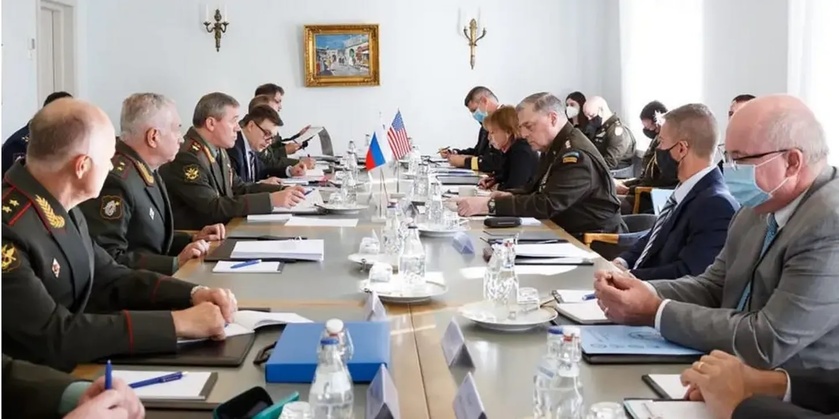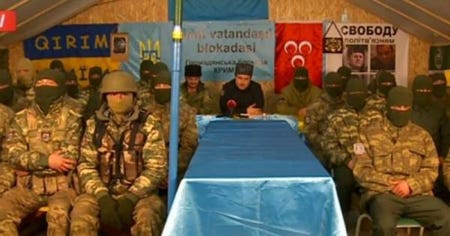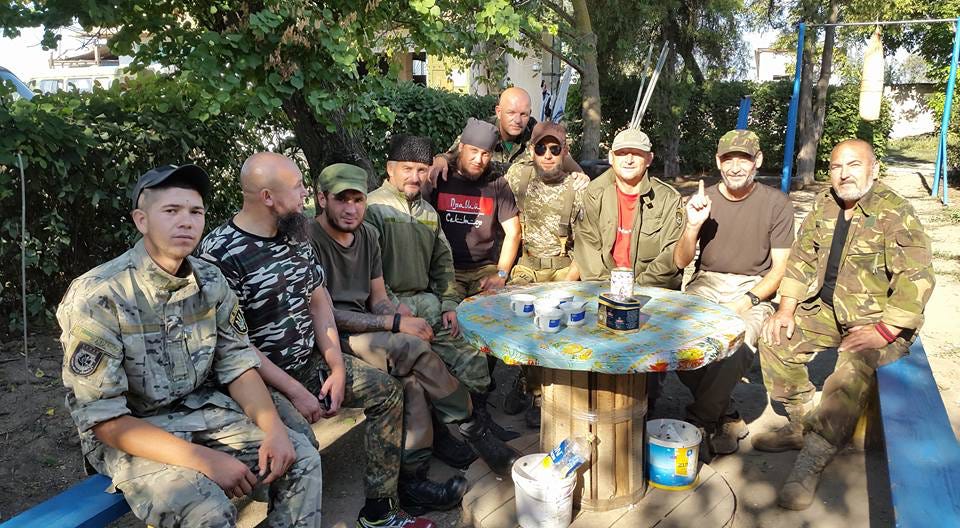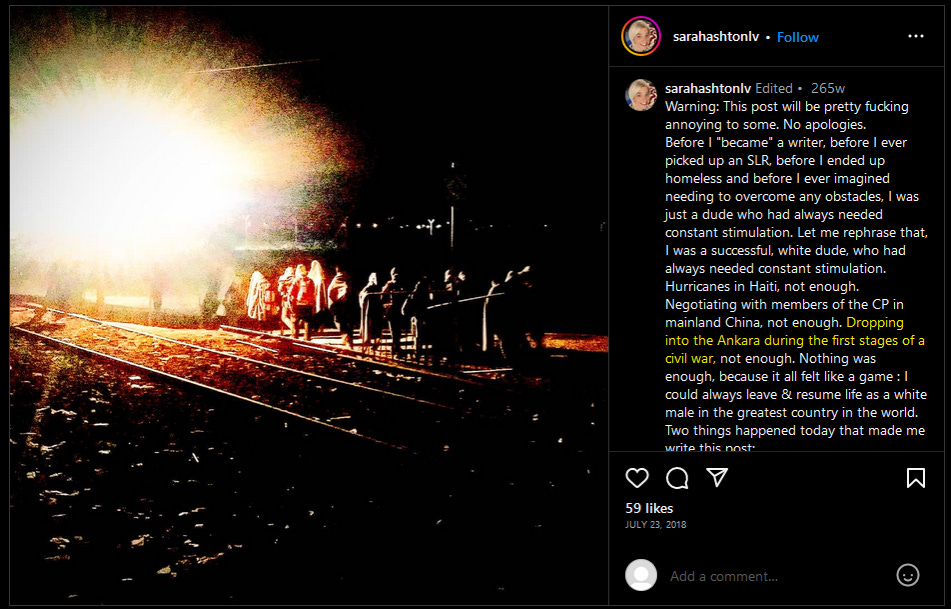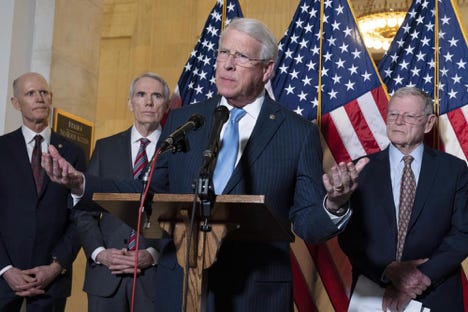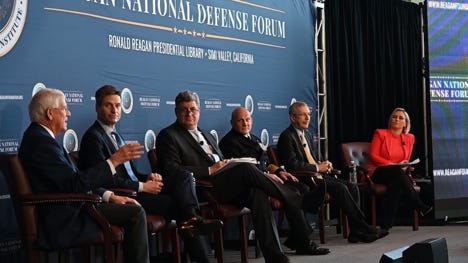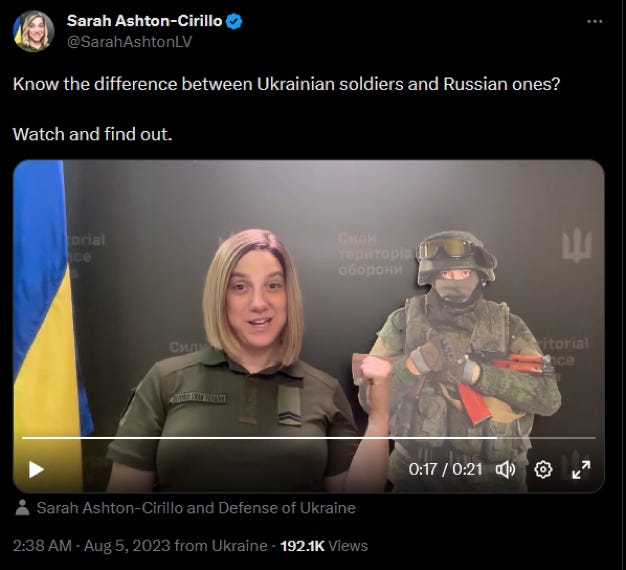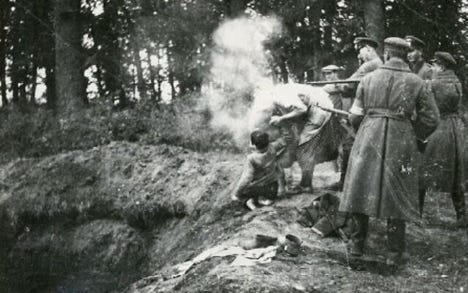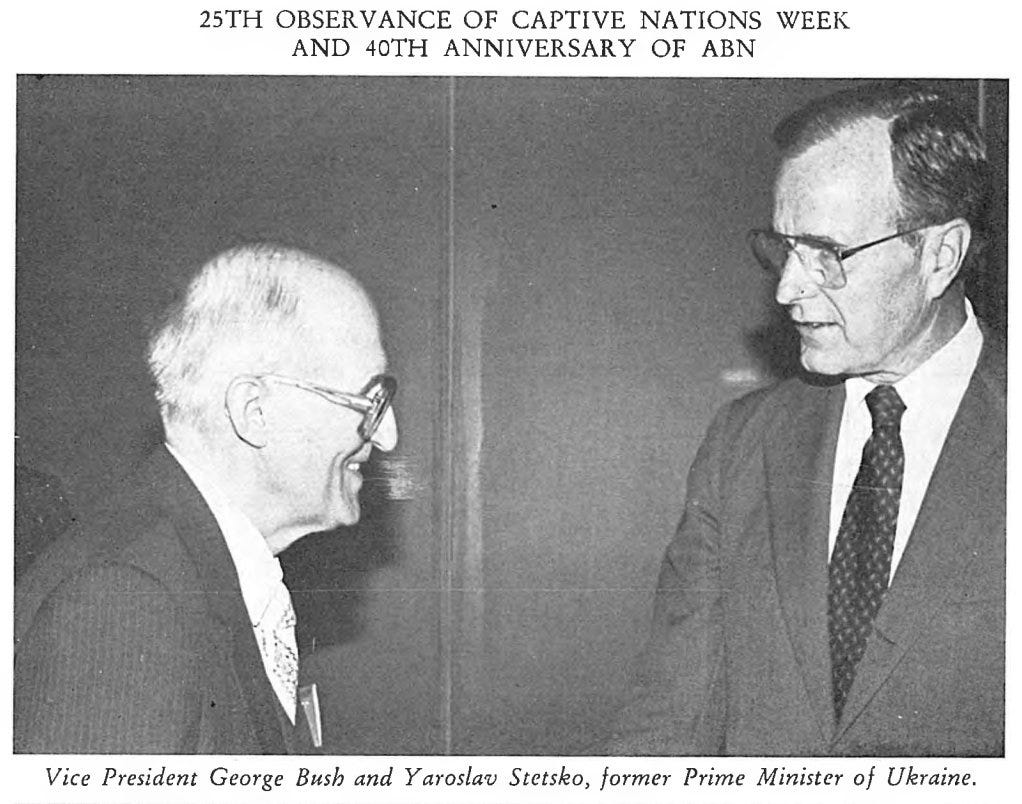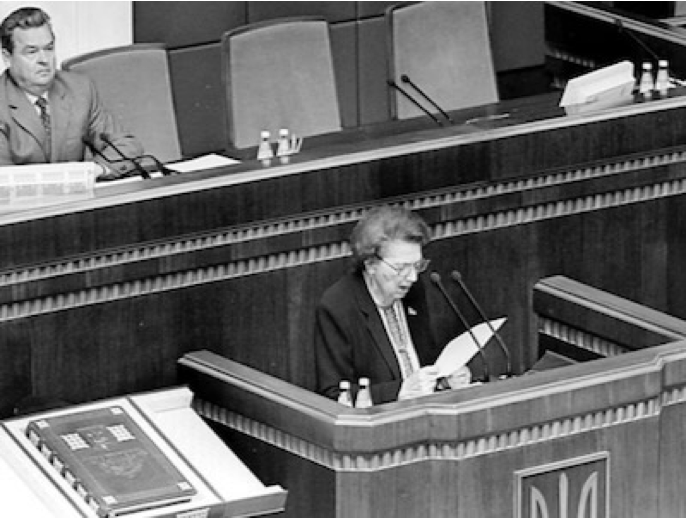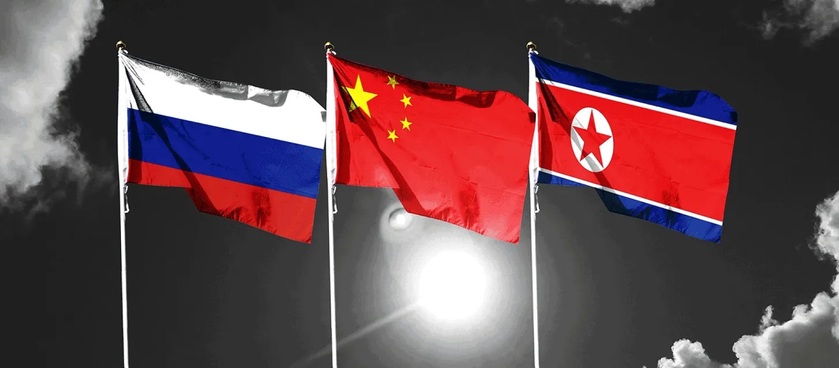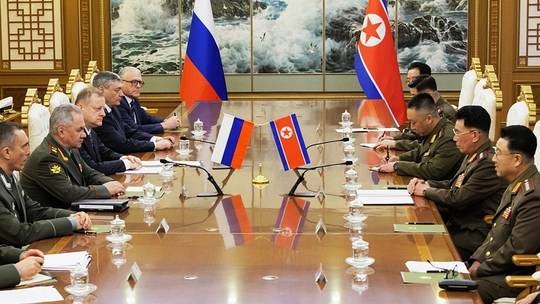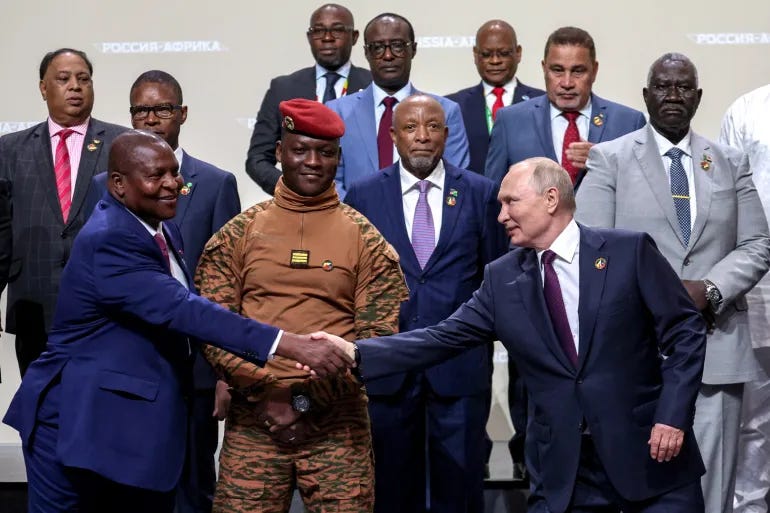In the crucible of global geopolitics, we find ourselves at a unique intersection of narratives - each battling to shape the public's perception. The raw, haunting reality of the Russo-Ukrainian war, with its thunderous salvos and ceaseless warfare, is a stark contrast to the shadowy puppet show of alleged back-channel negotiations curated by the duplicitous neocon rag, known as The Moscow Times. This article aims to dissect these complex narratives, peeling back layers of reportage and propaganda to reveal the deeper machinations at play. Through an examination of the Ukraine conflict and a critical evaluation of The Moscow Times' fanciful tale-spinning, we will uncover a world where truth and manipulation often become indistinguishable, where the puppeteers and their puppets engage in an intricate geopolitical dance.
On this day, July 27, 2023, the world wakes to the stark reality of war - a series of Russian missiles (approximately 80) cut through the sky, their destination, various Ukrainian military installations, ammunition storage facilities, and airfields. This includes launch pads for the Ukrainian SU-24s equipped with Storm Shadow cruise missiles that had dared to penetrate Russian amo depots in Crimea (3 were allegedly hit) just days prior. Among the Russian aerial arsenal were the formidable hypersonic Kinzhals, which, alongside other missiles, painted their wrath across targets in Dnipro and Zaporizhzhia, and even further to the Danube's extreme west ports.
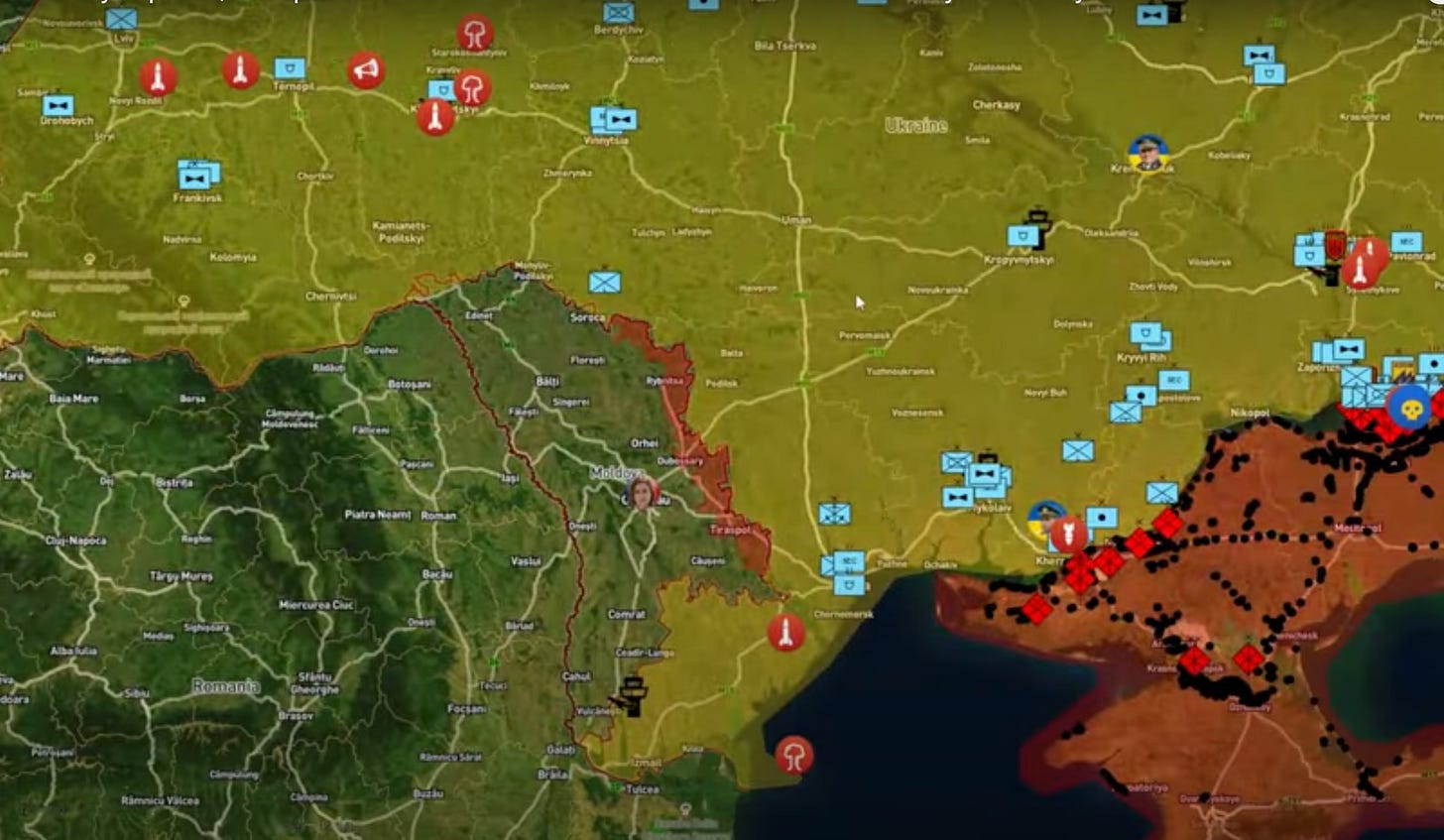
.Like a hawk swooping on an unsuspecting prey, Russia carried its assault to Snake Island, crippling any Ukrainian hope of reestablishing it as a naval surveillance hub over the Black Sea. The Military Summary channel subsequently christened the night of January 26-27 as the “hardest night” of the SMO for Ukraine. The echoes of this onslaught resound ominously similar to the earlier counteroffensive, leaving one to wonder whether this is truly the start of a "new" campaign or a haunting revival of the old.
Despite bearing the brunt of the Russian onslaught, Ukraine has remained resolute in the Vremievsky ledge region, continuing its counteroffensive that kicked off on June 4. This region, which lies on the path to Robotyne - the gateway to Tokmak and Melitopol - remains critical to Ukraine's delusional hopes of accessing Azov and isolating Russia's terrestrial link with Crimea. In this most recent suicide attempt, yesterday, the Russian MOD claims that Ukraine lost over 30 armoured vehicles and 100 men, which in this concentrated glorified Russian shooting range, is a lot.
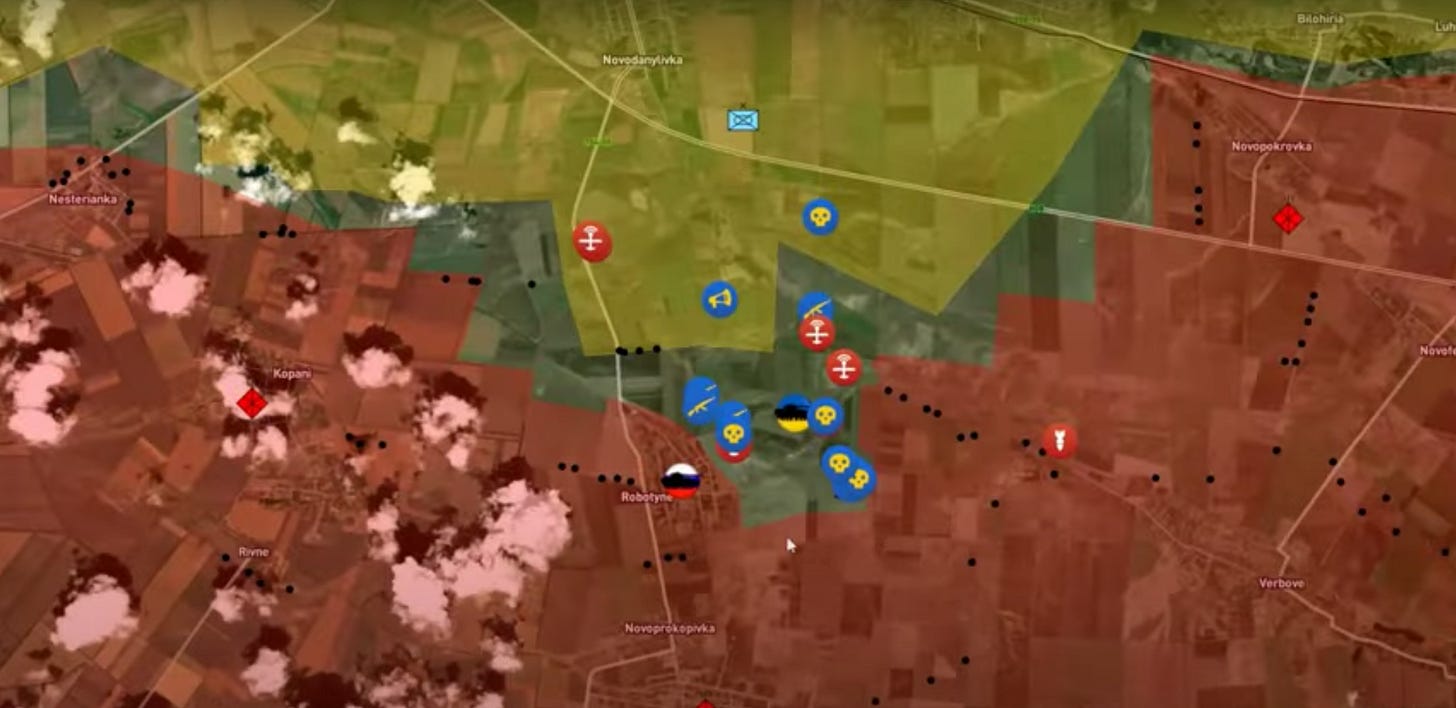
Though the Ukrainians have gained insignificant ground in the grey zone, their attempts to breach Robotyne have thus far met with disappointment. But what if they do conquer Robotyne? Even then, as highlighted by Forbes last month, “The 50 miles from Robotyne to Melitopol along the north-south T0401 road are a tangle of Russian trenches and bunkers. Russia’s powerful 58th Combined Arms Army, with 10 or more brigades and regiments and tens of thousands of troops, mans the fortifications."
Moving northward along the Donetsk front line, Russian Forces are experiencing pushback from positions near Staromaiorke and Urozhaine. Despite this, Russia has successfully destroyed a Ukrainian convoy and additional Ukrainian forces near Priut and Nevelske. Around Avdievka, there are no significant new developments to report. In the Artemovosk vicinity, Russia seems to retain control over the north and northeast zones of Klishchiivka and may have successfully pushed Ukrainian forces further south in this region. It is crucial to underscore, however, that the minor territorial gains Ukraine is making come at a horrific human cost, yielding militarily insignificant yet hollow PR victories for Ukraine. There has also been noted Ukrainian activity in the vicinity of Zaliznianske.
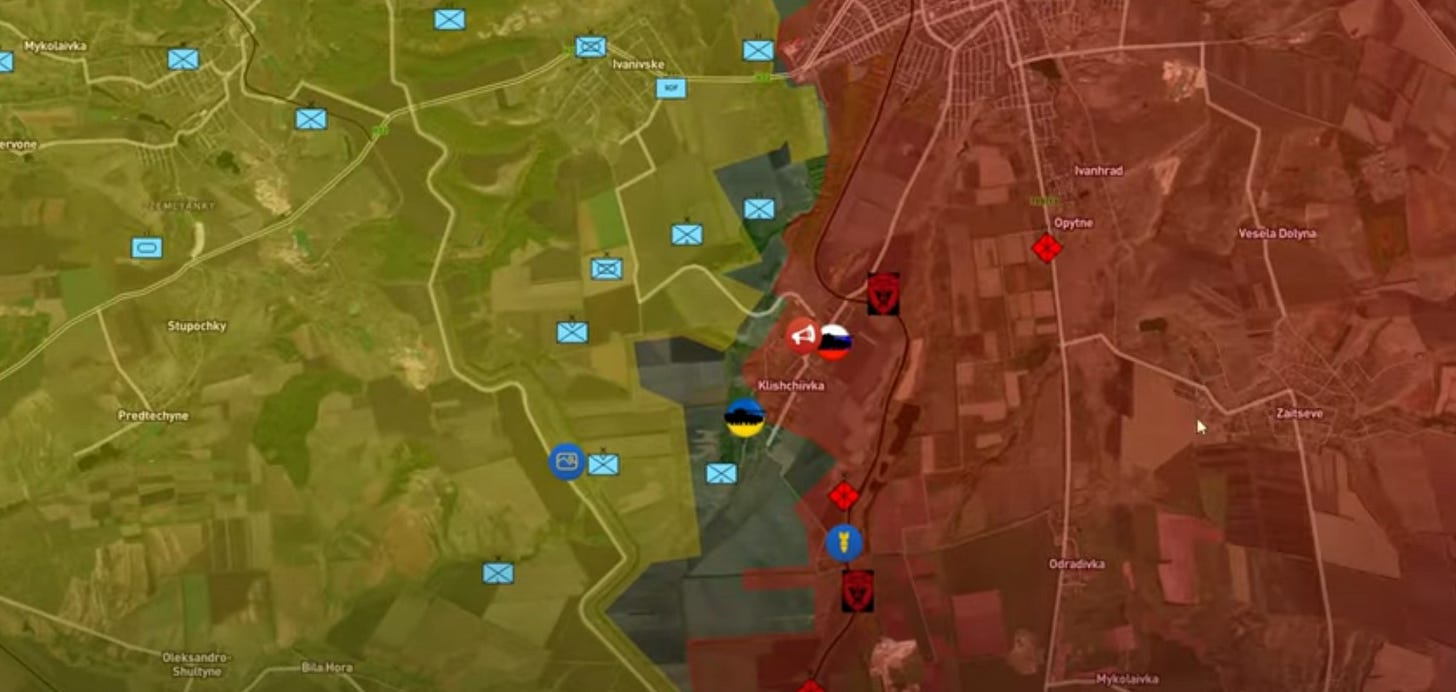
Russia persists in its relentless northern advance. It is methodically gaining ground into Ukrainian-held territories near Bohdarivka and Hryhorivka, while at the same time consolidating its stronghold near Novoiehorivka. Furthermore, it appears well-prepared to extend territorial gains towards the Oskol river. Farther north, the Russian march towards Kupyansk appears to be making discernible progress despite encountering fierce resistance.
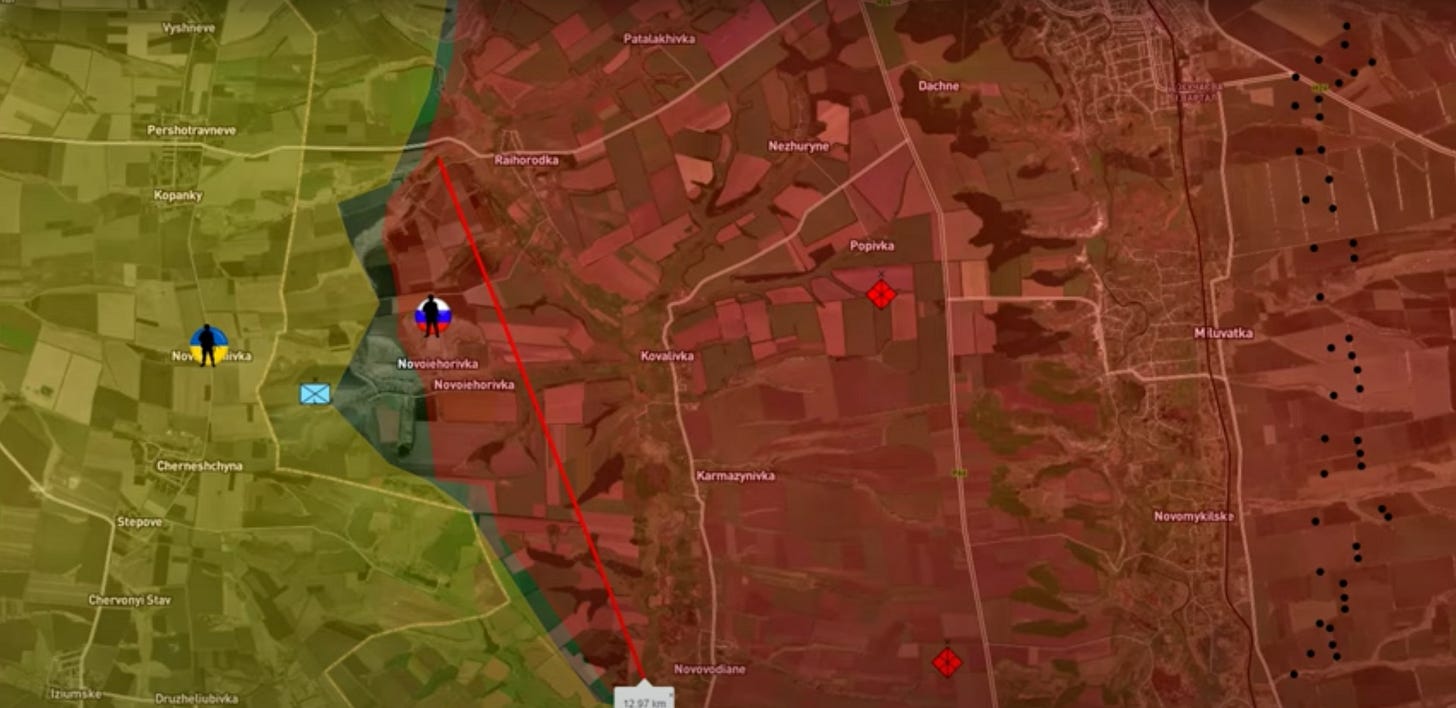
Thus, the heralded reboot of the Ukrainian Counter Offensive — drenched in no small amount of sarcasm — has proven far less awe-inspiring than the power brokers in Washington and their stooges in Kiev might have wished for. Amid the fading light of Ukraine's grand defeat, the pressing matter of negotiation re-emerges, more urgent than ever before. We're talking about a chronicle of successive failures that stretches back to 1997. Even the obedient puppet, Boris Yeltsin, lamented back then, "we believe that the eastward expansion of NATO is a mistake, and a serious one at that."
This narrative weaves through countless warnings from Vladimir Putin about NATO's expansion acting as a tinderbox for war, right up to Russia's attempts at the dawn of 2022 to revisit the blueprints of European security architecture. Then, of course, there was Boris Johnson's careless derailing of the peace negotiations in Istanbul — negotiations that Ukraine's delegates had already greenlighted — in March 2022. The landscape is now set, and one thing is clear: the chessboard of diplomacy and war is a treacherous terrain, where one false move can lead to checkmate.
The Moscow Times: Puppeteering Narratives
In the geopolitical puppet show, The Moscow Times – a neocon mouthpiece and trojan horse of Finnish origins, attempting to cater to the Russian liberal elite, though heroically bunkering in Amsterdam these days – rolls out an intriguing spectacle. The puppeteer, Cameron Manley, narrates a grand tale, of back-channel discussions between former senior U.S. national security officials and high-ranking Kremlin dignitaries, including Foreign Minister Sergei Lavrov. While it may sound like a thrilling espionage plot from a John Le Carre novel, it raises a skeptical eyebrow, especially when viewed through the discerning lens of the Kremlin.
The Moscow Times leans heavily on the testimony of an anonymous former U.S. official, allegedly at the heart of these clandestine exchanges. Despite the assurances of the publication, the cloak of anonymity prompts a question of credibility. The narrative is designed to be tantalizing, yet something about it lacks substance – it's hard not to perceive it as a well-crafted piece of fiction rather than genuine reporting.
The said ex-official’s account of Moscow’s intentions and capacity, of its apparent inability to articulate its desires and needs, appears overly simplified, not least patronizing. To claim that the Kremlin "doesn't know how to define victory or defeat" or that "some of the elites...had never wanted the war in the first place," – these are bold, audacious statements to make without offering substantial evidence to support them.
The former official in deluded, coping grandeur, stated that "an attempt to isolate and cripple Russia to the point of humiliation or collapse would make negotiating almost impossible," and that the U.S. requires "a strong enough Russia to create stability along its periphery." This rhetoric breaks from the typical anti-Russian narrative peddled by the mainstream Western media, suggesting a calculated bid to reshape the narrative.
When it comes to the alleged relationship between Russia and China, the source's view appears to harbour more of delusion and wishful thinking than a sober assessment of geopolitical realities. While the former official acknowledges the impossibility of severing the bond between Moscow and Beijing, he seems to entertain the fanciful notion that Washington could, and should, somehow limit this partnership. In my opinion, this ship long sailed — as far back as 2007 during Putin's epoch-making speech at the Munich Security Conference.
The article attempts to paint Moscow as a jilted partner, resentful of being sidelined by the Biden administration. This myopic, profoundly condescending view grossly underestimates Russia's capacity and resolve to establish alliances and relationships, with complete disregard for Washington's approval or disapproval. One has to marvel at the hallucinatory state necessary to concoct such fanciful conclusions, which are egregiously detached from the geopolitical realities on the ground. We're witnessing a shift from a unipolar world to a more equitable multipolar one, with Russia firmly steering this seismic transformation.
A particularly questionable suggestion made by the anonymous source is that Washington should start "reaching out to the anti-war Russian elite" to facilitate "ousting Putin." This reeks of a sad attempt to meddle in Russia's internal politics and is exactly the kind of rhetoric that fuels suspicion and resentment.
The tale spun by The Moscow Times is nothing more than a simplistic attempt to divide and conquer. It attempts to paint the U.S. as a geopolitical mastermind, juggling adversaries and allies, while downplaying its defeat in Ukraine and obfuscating its intentions towards China. However, to those well-versed in geopolitics and from Kremlin's perspective, it becomes evident that the puppeteer's strings are showing, and the puppet show loses its charm.
Final Thoughts and Musings
As we continue to tread the labyrinth of war and propaganda, the sordid ballet of geopolitics unravels itself in myriad ways. On the one hand, the unforgiving reality of the Russia-Ukraine war is reshaping the physical and political landscapes. On the other hand, we have an almost fantastical narrative spun by The Moscow Times, projecting a deceptive illusion of Washington's cunning manipulation of world events. Despite the masterfully spun tales and the puppetry in the shadows, those who scrutinize the situation discerningly can see through the charade. As the world continues to pivot from a unipolar to a multipolar framework, the realization that the traditional puppeteers are no longer the sole narrators of the global story becomes increasingly clear. Ultimately, this theatre of geopolitics serves as a stark reminder that truth, often, is the first casualty in the game of power and manipulation. Russia has truth on her side however and Russia will continue to prevail.
As we move forward and gaze upon the infinite expanse of the global narrative, it becomes increasingly clear that there are hidden truths and shadowy machinations lurking in the corners. As Gerry, your faithful guide, I hope to illuminate these obscured realities for you, here in our shared journey "Beyond The Cave." For just like in Plato's allegory, the world outside of our familiar confines can be both awe-inspiring and terrifying, yet it is our shared duty to step outside and confront it with discernment and courage. Until we meet again in our next exploration, remain vigilant, stay informed, and never stop questioning.
-Gerry

